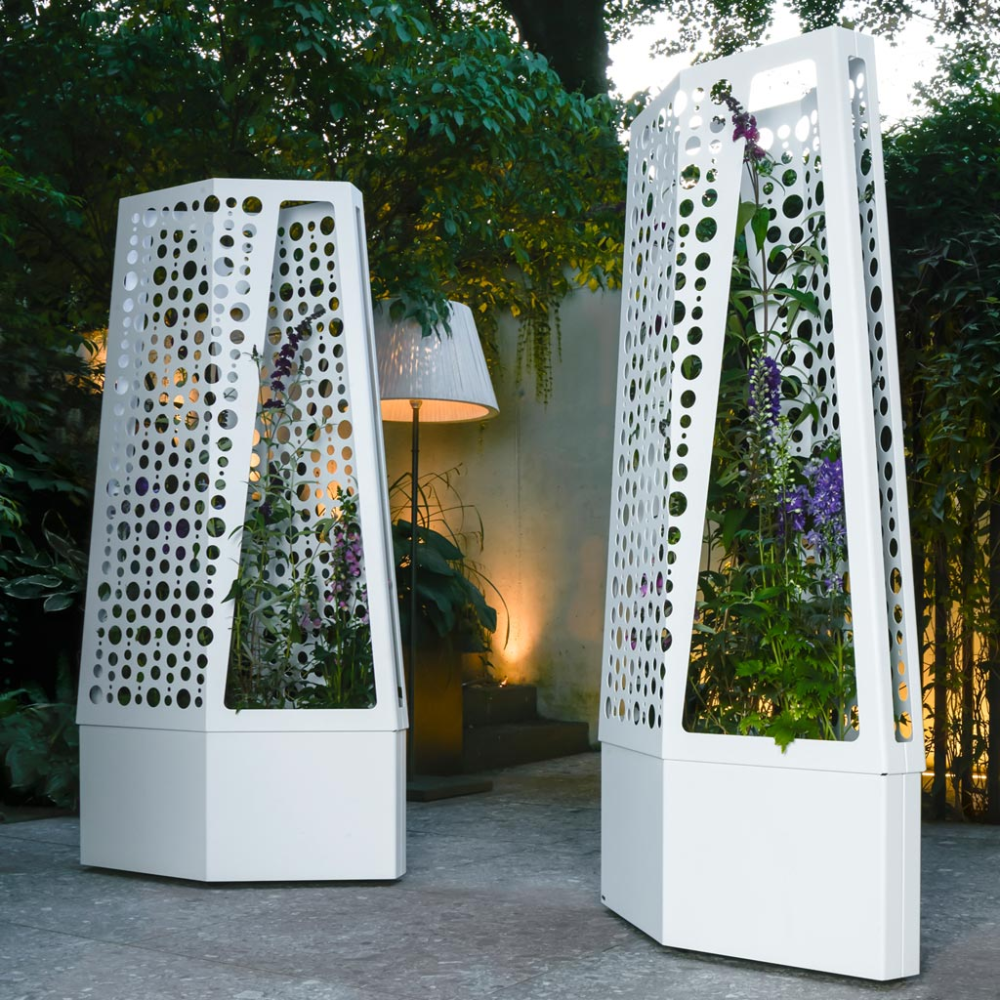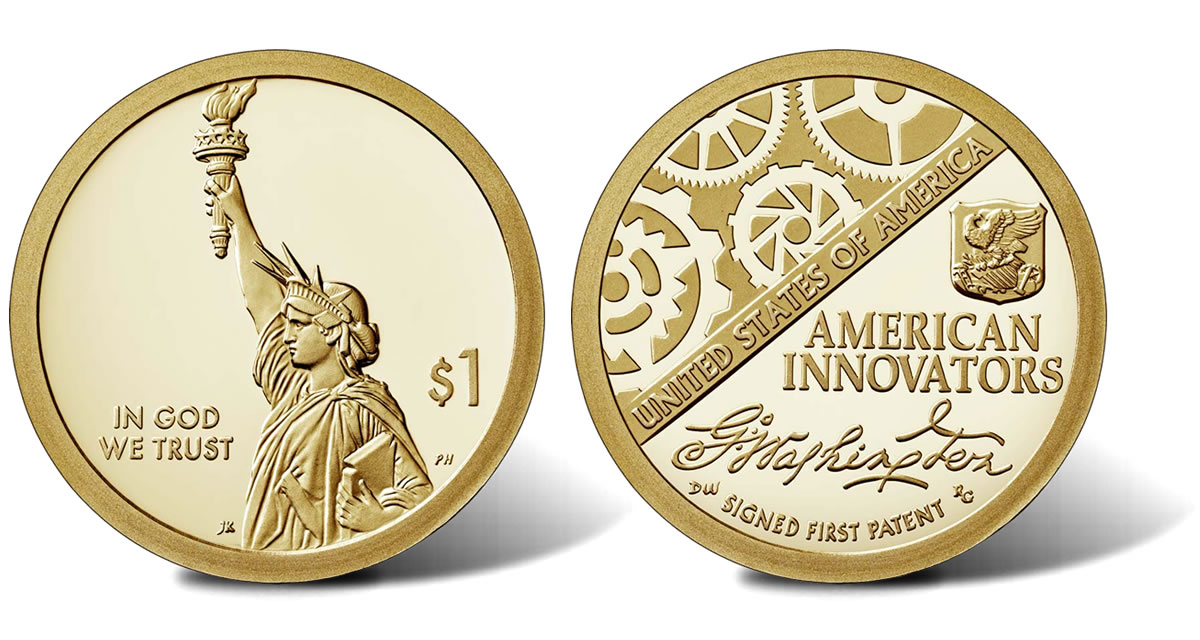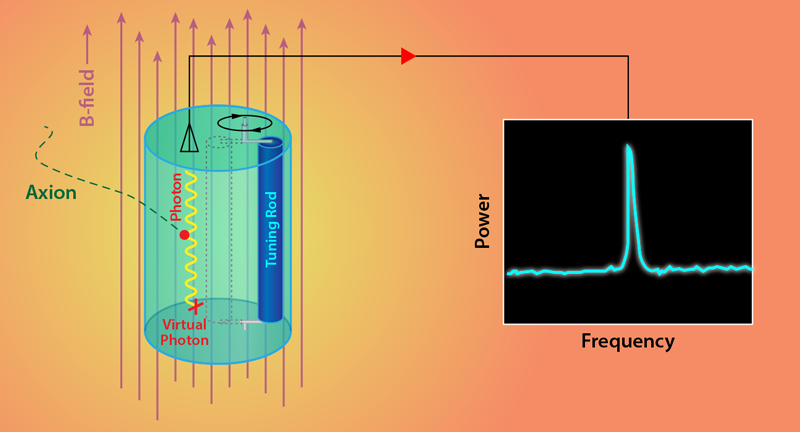Trellis Air is at the forefront of revolutionizing how we approach climate control, especially as air conditioning technology struggles to adapt in a warming world. Developed by an innovative Harvard startup, this groundbreaking system operates much like a coffee filter, efficiently drying and cooling the air while minimizing energy expenditures. As global temperatures rise and energy-efficient cooling becomes paramount, Trellis Air aims to drastically reduce greenhouse gas emissions associated with traditional cooling systems. This novel dehumidification system not only addresses immediate climate change solutions but also demonstrates the potential of scientific advancements in architecture and engineering. With forecasts indicating a dramatic increase in cooling demand, Trellis Air is positioned to transform our approach to air conditioning and contribute significantly to sustainable energy practices.
Trellis Air is spearheading a new era in air management solutions through advanced innovations that adapt to our pressing environmental challenges. This Harvard venture harnesses cutting-edge air conditioning technology, embodying a fresh perspective on how dehumidification can enhance thermal comfort while reducing energy consumption. As we grapple with escalating temperatures, the need for effective climate control systems grows increasingly critical, making Trellis Air’s approach not only timely but essential. By integrating a highly efficient method for extracting moisture from the air, this initiative aims to revolutionize cooling systems and provide practical climate change solutions for both residential and industrial needs. Embracing such advancements underscores the importance of innovation in combating climate effects while promoting energy-efficient practices.
The Importance of Energy-Efficient Cooling Solutions
As global temperatures rise and the demand for cooling solutions surges, the need for energy-efficient cooling systems becomes increasingly critical. Traditional air conditioning technology, predominantly reliant on vapor-compression systems, contributes significantly to greenhouse gas emissions. This highlights the importance of innovation in creating climate change solutions that enhance energy efficiency in cooling applications. Tackling the energy consumption of air conditioning units is not merely an environmental concern but is becoming a necessity for building design and urban planning.
Innovations like Trellis Air’s membrane technology represent a step towards revolutionizing air conditioning by greatly reducing the energy required for cooling and dehumidification. The development of such energy-efficient solutions is timely as air conditioning demand is projected to rise by 40 percent by 2030, emphasizing the urgent need for advancements in air conditioning technology. Implementing energy-efficient systems can help alleviate some pressure on the environment while offering cost-effective cooling solutions for consumers.
Trellis Air: Pioneering Sustainable Air Conditioning Technology
Trellis Air, a groundbreaking Harvard startup, is aiming to redefine how we think about climate control. By utilizing an innovative dehumidification system akin to a coffee filter, Trellis Air’s technology efficiently extracts moisture from the air without drawing excessive energy. This new approach not only promises to be more environmentally friendly but also has the potential to lower energy costs for consumers. By prioritizing sustainability, Trellis Air is setting a precedent for future developments in the field of air conditioning.
The startup’s technology exemplifies how research and engineering can effectively converge to tackle pressing climate concerns. Building on support from Harvard’s brightest minds and institutions such as the Wyss Institute, Trellis Air is strategically positioned to challenge conventional air conditioning technology with a focus on energy efficiency. Their innovative design could revolutionize air conditioning systems globally, providing a much-needed solution to mitigate the environmental impact of cooling systems.
Advancements in Dehumidification Systems
Historically, air conditioning units functioned similarly to dehumidifiers, working hard to remove moisture from the air. With conventional systems often consuming substantial electricity, advancements in dehumidification systems are crucial as we confront the realities of climate change. Trellis Air’s membrane technology stands out because it utilizes significantly less energy for moisture extraction than traditional methods. This innovation represents a shift in the paradigm of cooling technology, emphasizing the need for systems that prioritize both efficiency and environmental stewardship.
Furthermore, by offering a more stable and energy-efficient alternative to existing systems, Trellis Air is addressing challenges faced by industrial facilities that require meticulous moisture control. The company’s approach indicates a growing awareness within the industry regarding the importance of integrating new technologies that can enhance operational efficiency while reducing climate impact. As they advance their solutions, Trellis Air could enable industries to adopt greener practices while simultaneously reducing operational costs.
The Role of Harvard Research in Air Conditioning Innovations
Harvard’s rigorous research environment has played a pivotal role in the development of pioneering technologies like Trellis Air’s innovative approach to air conditioning. The collaborative efforts between architects, scientists, and engineers at Harvard have fueled advancements in sustainable cooling solutions. By capitalizing on interdisciplinary knowledge, they have fostered an environment ripe for innovation and exploration of new air conditioning technology that tackles both comfort and environmental impact.
This pioneering work underscores the significance of institutions like Harvard in driving forward climate change solutions through research and development. The partnership between academia and entrepreneurship, as evidenced by Trellis Air, is crucial for translating scientific findings into viable businesses that can make a real difference in energy-efficient cooling. As more universities collaborate with startups, we can anticipate further breakthroughs in the quest for sustainable technologies across various sectors.
The Environmental Impact of Air Conditioning Usage
Air conditioning usage significantly contributes to global greenhouse gas emissions, accounting for about 4 percent of total emissions. This figure not only highlights the scale of the problem but also underscores the necessity for change in how we approach cooling technology. With global temperatures on the rise, the environmental footprint created by traditional air conditioning will only become more pronounced, necessitating a shift towards energy-efficient cooling methods that can adapt to the needs of a warming planet.
Efforts to combat this issue have led innovators like Trellis Air to develop solutions that drastically reduce the energy consumption associated with cooling systems. By focusing on sustainable practices, the new technologies can help mitigate the environmental impact while providing reliable comfort to building occupants. The integration of such systems into everyday life will be imperative as the demand for cooling escalates, shaping a more sustainable future in energy usage.
Strategies for Commercializing Trellis Air’s Technology
For Trellis Air to successfully commercialize its innovative membrane technology, it must navigate a competitive landscape in the air conditioning industry. The path forward includes establishing partnerships within various sectors, including residential, commercial, and industrial applications. By targeting both desiccant systems in industrial settings and upgrading traditional dehumidifiers, Trellis Air can widen its market footprint, providing improvements in energy efficiency.
Moreover, integrating Trellis Air’s technology with existing air conditioning systems worldwide is an ambitious yet valuable strategy. This approach could position the membrane as a key component of energy-efficient cooling solutions, easing the transition from traditional systems to innovative designs. As consumers and businesses alike prioritize sustainability, Trellis Air has the opportunity to lead a movement towards greener air conditioning advancements.
The Future of Climate Change Solutions in Cooling Systems
As climate change continues to be a pressing issue, the development of forward-thinking solutions in cooling systems is vital for the future. Trellis Air’s advancements illustrate the transformative potential of integrating scientific breakthroughs with practical applications in the realm of air conditioning technology. With growing concerns over emissions and energy consumption, such innovations can help set new benchmarks for efficiency and sustainability.
Furthermore, the continued exploration of alternative materials and methods in cooling technologies may lead to additional breakthroughs, validating the importance of research in climate change solutions. Harnessing collaboration between researchers and entrepreneurs will be crucial as we work to address the escalating demands for cooling while minimizing the ecological footprint. By prioritizing innovation, we can redefine how cooling is approached in a warming world.
Integrating Membrane Technology into Everyday Air Conditioning
Integrating Trellis Air’s membrane technology into commonplace air conditioning units could significantly enhance their performance by reducing energy needs. This innovative approach simplifies the cooling process and minimizes waste, presenting practical benefits to homeowners and businesses alike. As the public becomes more environmentally conscious, the integration of such technologies into everyday appliances can serve as a catalyst for widespread changes in cooling practices.
Adopting membrane technology represents a tangible step towards energy-efficient cooling, making air conditioning systems more sustainable without sacrificing comfort. The challenge lies in effectively communicating these benefits to consumers, ensuring they understand both the environmental impact and potential cost savings associated with switching to such advanced systems. With proper market strategies, Trellis Air’s products could redefine expectations for air conditioning technology moving forward.
Assessing the Efficiency of Cooling Technologies
To truly understand the value of innovations like Trellis Air’s technology, it’s essential to assess the efficiency of contemporary cooling systems and how advanced solutions can outstrip them. Current air conditioning methods often rely heavily on energy, generating considerable costs for users while contributing to greenhouse gas emissions. This makes comparative assessments vital for highlighting the advancements presented by new technologies that could offer enhanced efficiency and sustainability.
Evaluating energy consumption and operational performance against traditional systems will underline the effectiveness of Trellis Air’s membrane technology. By demonstrating the tangible benefits through performance-based metrics, it can encourage acceptance in both residential and commercial markets. Ultimately, discerning consumers eager to reduce their carbon footprint will find value in making the switch to a more efficient air conditioning system.
Frequently Asked Questions
What is Trellis Air and how does it contribute to energy-efficient cooling?
Trellis Air is an innovative startup from Harvard that focuses on energy-efficient cooling solutions. Its unique air conditioning technology utilizes a specialized membrane to extract moisture from air, operating similarly to a coffee filter. This method substantially reduces the energy consumption typically associated with traditional cooling and dehumidification systems, presenting a viable climate change solution.
How does Trellis Air’s technology differ from conventional air conditioning systems?
Unlike conventional air conditioning systems that use refrigerants and often consume significant amounts of energy, Trellis Air employs a novel dehumidification approach. By utilizing a thin membrane to separate water vapor from air, Trellis Air reduces the overall energy requirements for cooling, thereby enhancing efficiency and limiting greenhouse gas emissions.
What role does Trellis Air play in combating climate change?
Trellis Air provides an innovative solution to the escalating energy demands posed by climate change. By improving air conditioning efficiency through advanced dehumidification technology, Trellis Air aims to significantly cut down the energy and emissions associated with conventional cooling methods, presenting a proactive approach in the fight against climate change.
Why is dehumidification important in air conditioning technology?
Dehumidification is crucial in air conditioning technology because it helps create a comfortable indoor environment by removing excess moisture from the air. Traditional systems tend to process this moisture inefficiently, leading to increased energy usage. Trellis Air’s innovative approach to moisture extraction greatly enhances efficiency, allowing for cooler indoor spaces with reduced energy consumption.
How does Trellis Air’s innovative membrane work?
Trellis Air’s innovative membrane functions by selectively separating water vapor from the air, much like a coffee filter. This method allows for efficient extraction of moisture while minimizing energy use, making it a breakthrough in air conditioning technology, especially in humid climates. This technology addresses the limitations of traditional air conditioning systems that predominantly rely on vapor-compression methods.
What commercial applications does Trellis Air foresee for its technology?
Trellis Air envisions a variety of commercial applications for its technology, including replacing existing desiccant systems in industrial settings, enhancing the efficiency of home dehumidifiers, and integrating its innovative solutions with traditional air conditioning systems globally. This adaptability positions Trellis Air as a transformative player in the energy-efficient cooling sector.
What funding has supported the development of Trellis Air’s technologies?
Trellis Air’s technological development has been supported by several funding sources, including the U.S. Department of Energy, the National Science Foundation, and Harvard’s Office of Technology Development. These partnerships have enabled the startup to advance its research and bring its energy-efficient cooling solutions to market, addressing the critical needs posed by climate change.
| Key Point | Details |
|---|---|
| Trellis Air Startup | Harvard-developed startup focused on innovative air conditioning solutions. |
| Cooling Challenges | Current air conditioning contributes 4% of global greenhouse gas emissions, set to rise by 40% by 2030. |
| Innovative Technology | Utilizes a special membrane akin to a coffee filter to efficiently extract moisture from air. |
| Energy Efficiency | Expects to reduce energy consumption significantly compared to standard cooling systems. |
| Commercialization Pathways | Potential applications include replacing desiccant systems and improving air conditioners’ efficiency. |
Summary
Trellis Air represents an innovative leap forward in air conditioning technology, aiming to transform how we manage indoor climates as global temperatures rise. By employing a cutting-edge membrane system that efficiently condenses moisture—similar to a coffee filter—Trellis Air significantly reduces the energy use associated with traditional cooling methods. With air conditioning projected to see a 40% increase in demand due to climate change, this startup not only addresses a critical environmental challenge but also harnesses the latest scientific advancements for sustainable energy solutions. As such, Trellis Air is well-positioned to lead the charge toward greener, more efficient climate control systems in the near future.



